A new review by LSHTM researchers reveals that most interventions to reduce cancer inequalities focus narrowly on screening, missing broader systemic issues Researchers at the London School of Hygiene & […]
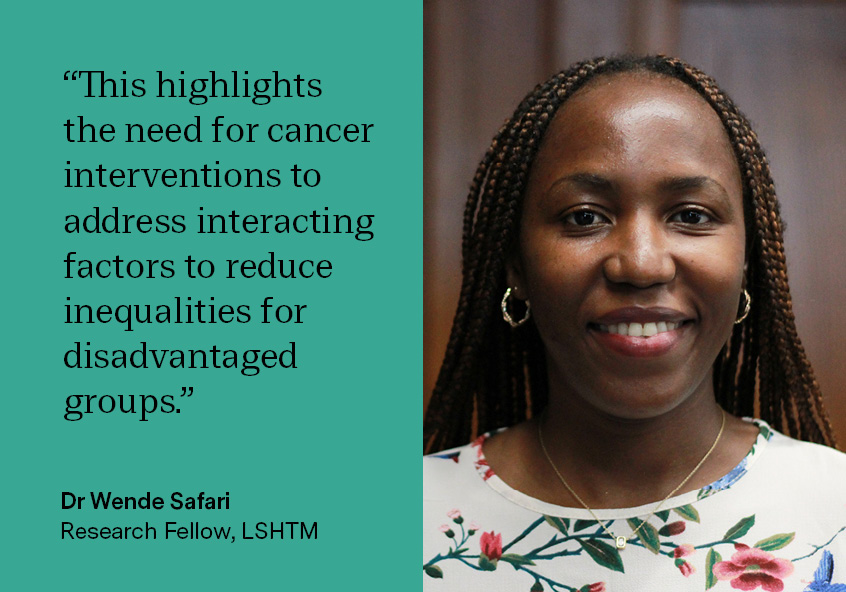

A new review by LSHTM researchers reveals that most interventions to reduce cancer inequalities focus narrowly on screening, missing broader systemic issues Researchers at the London School of Hygiene & […]
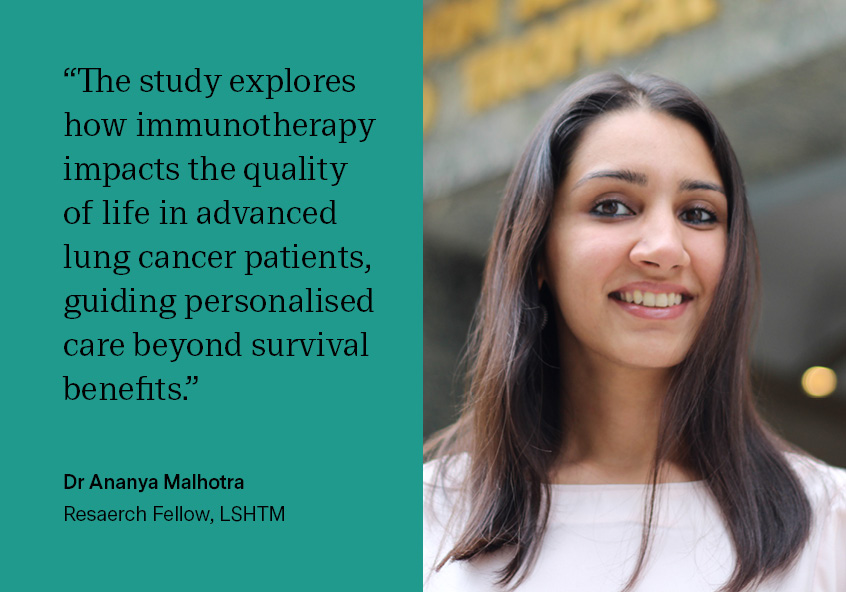
Research shows how immunotherapy impacts the quality of life in advanced lung cancer patients.
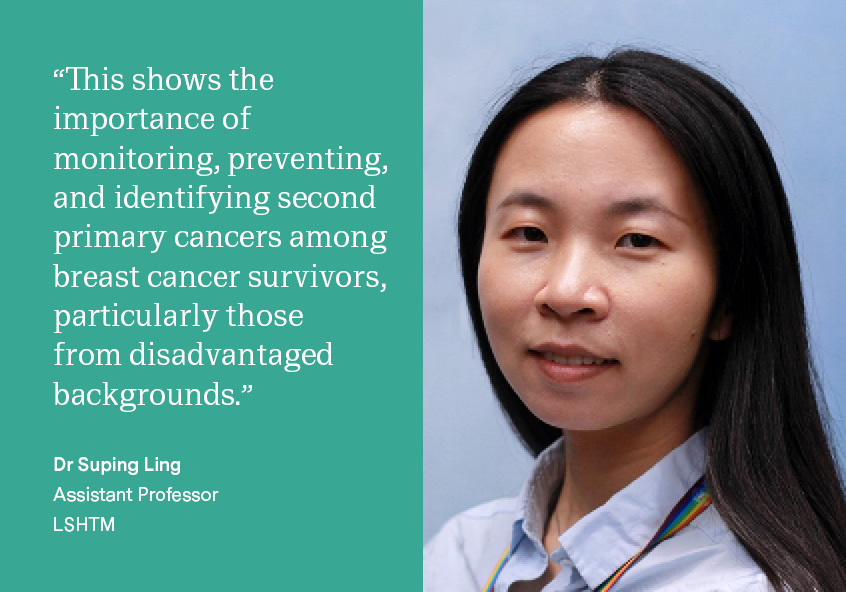
Research suggests women from deprived areas in England face a higher risk of developing a second primary cancer
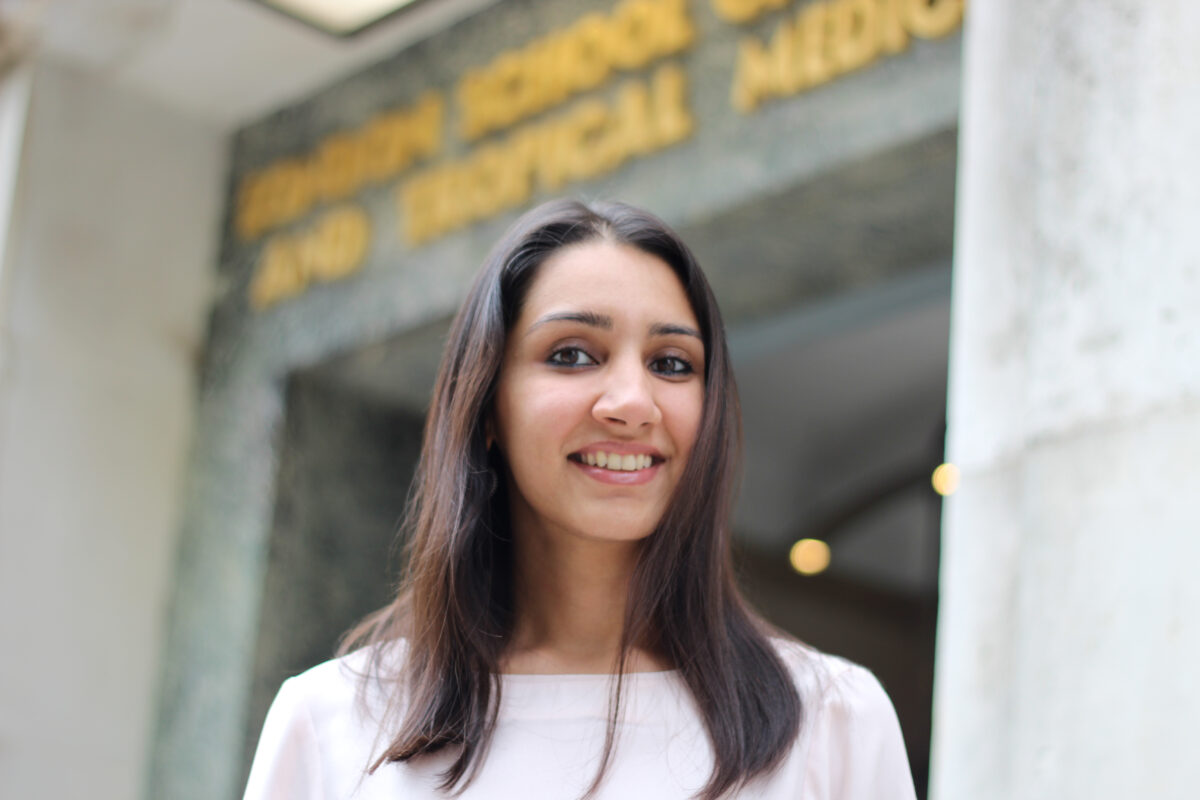
On International Day of Women and Girls in Science, Dr Ananya reflects on her journey from India to the UK and the challenges, triumphs, and opportunities that have shaped her […]
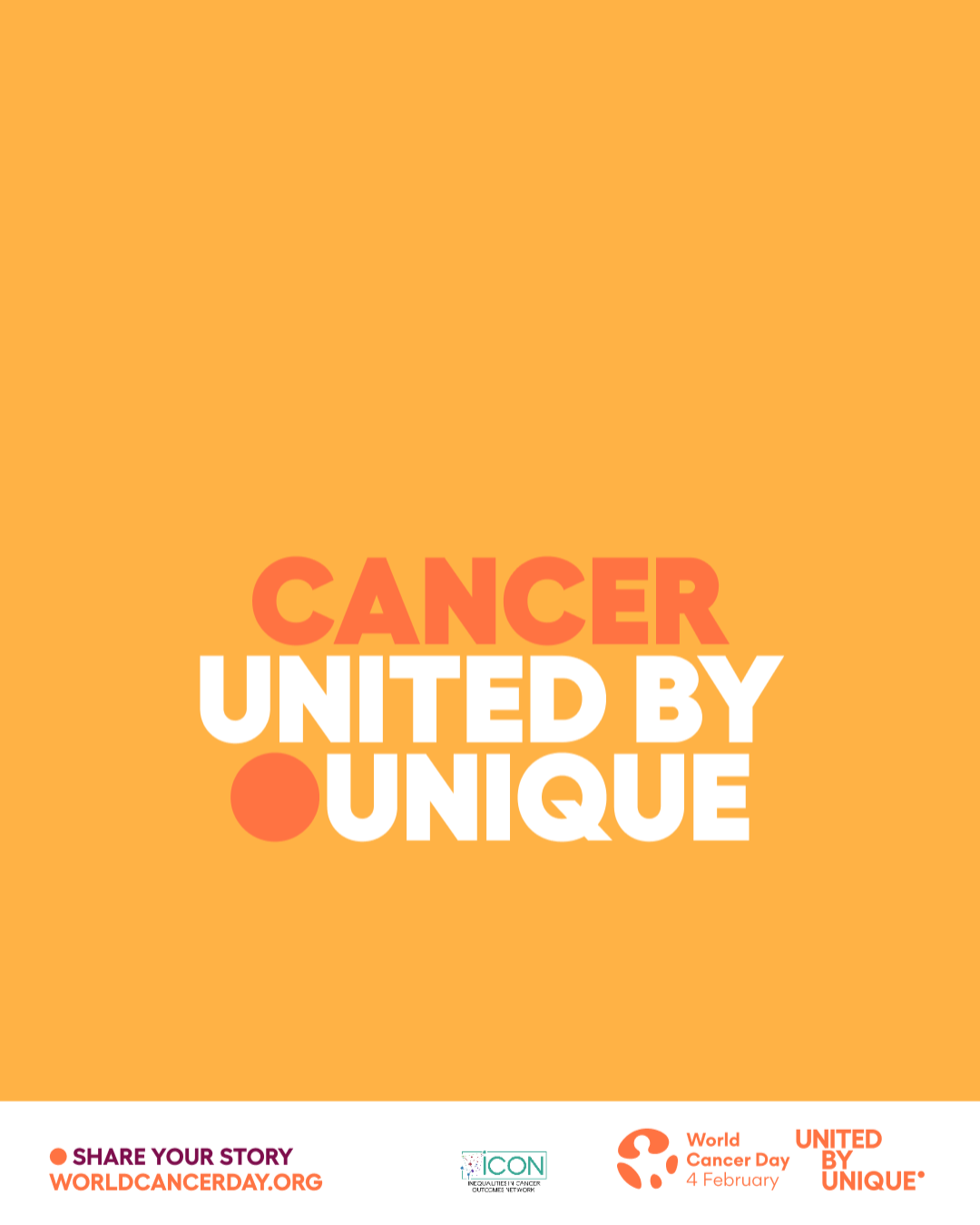
Bridging Gaps, strengthening collaboration, and advancing equity in cancer care
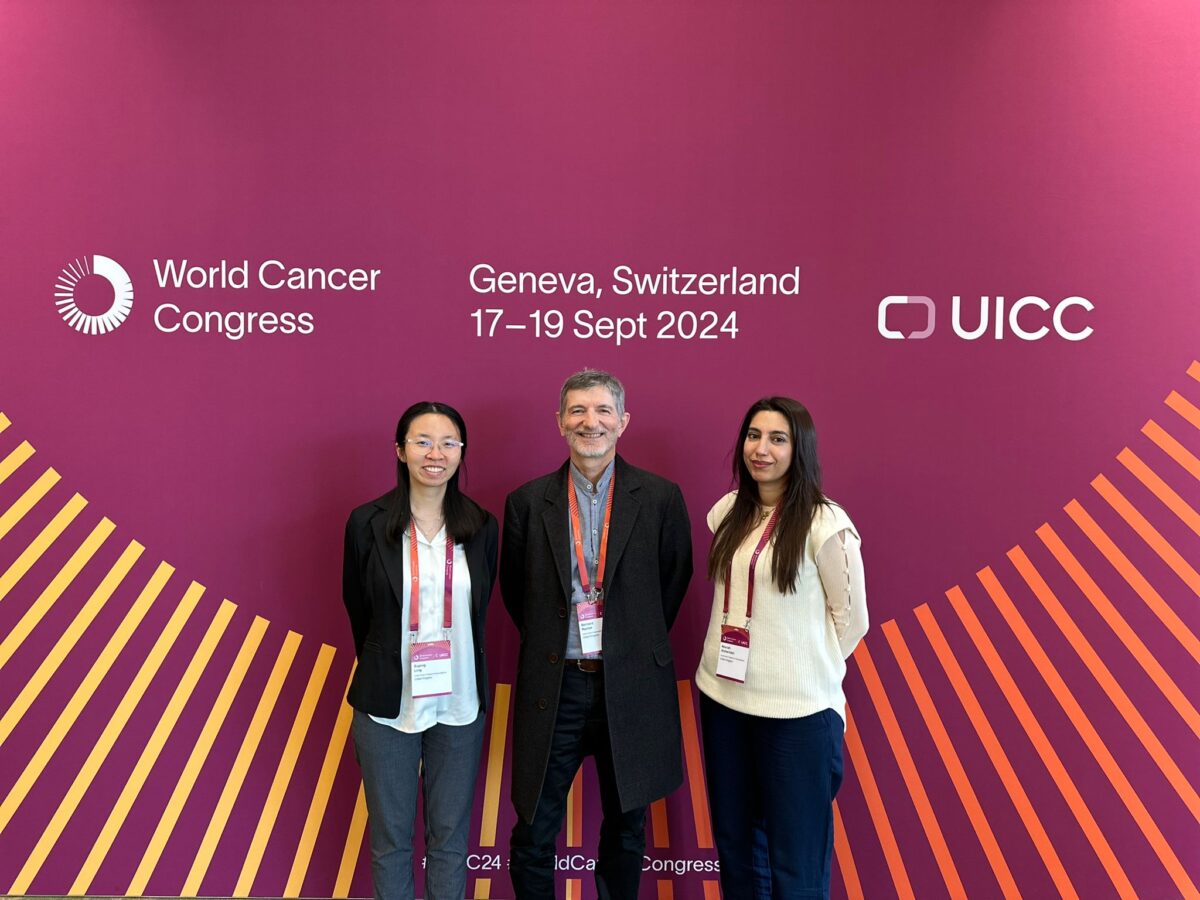
Bernard, Suping and Nourah representing ICON at the World cancer congress in Geneva
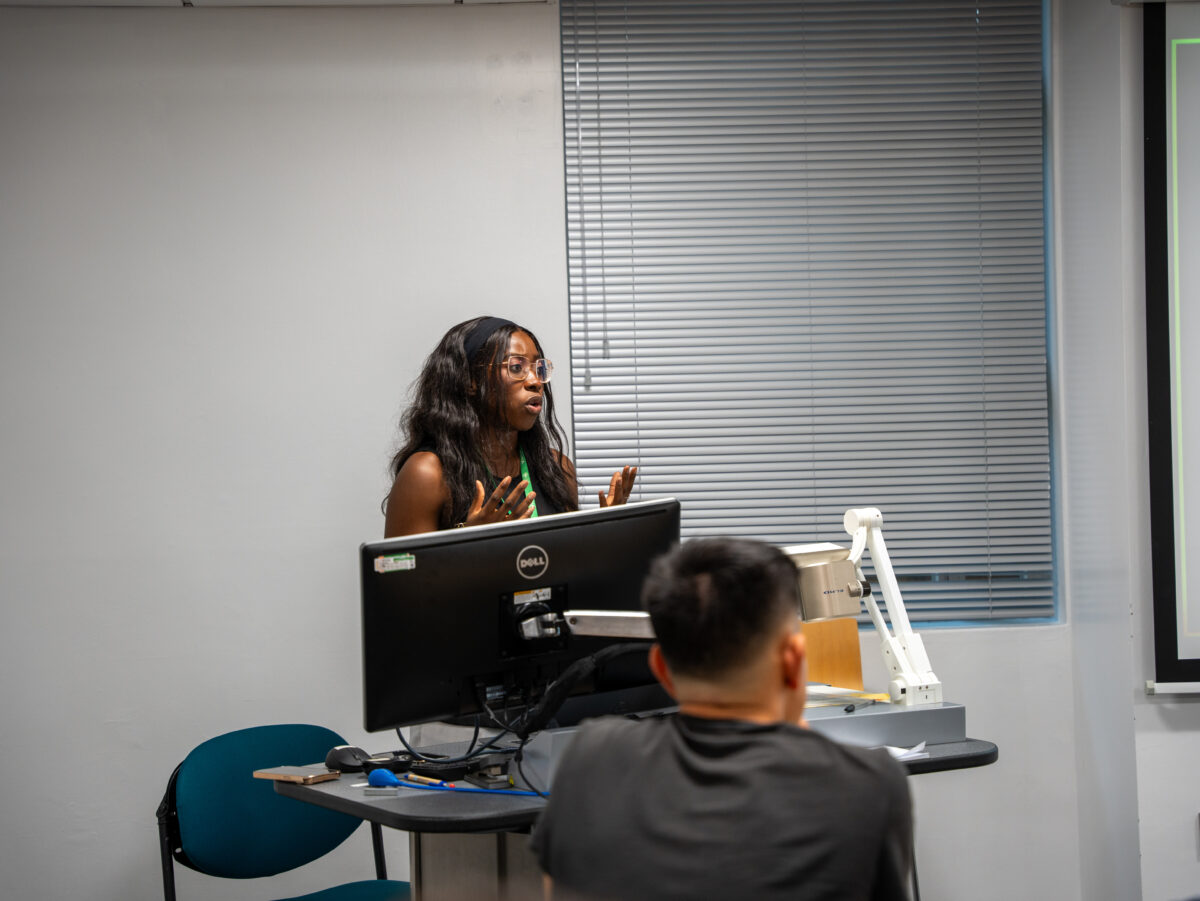
As we celebrate Black History Month, Lauricia’s story highlights the vital contributions of Black professionals in advancing cancer research and promoting equitable healthcare for all.
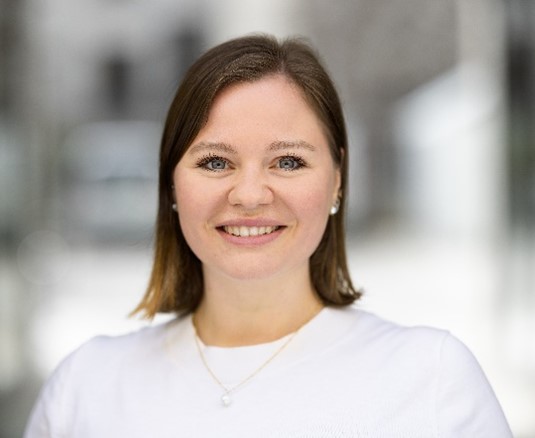
Today we’re welcoming Franziska Koehler, who is starting a PhD in the ICON group. We caught up with Franziska to hear more.

In 2010, ICON members Bernard Rachet and Manuela Quaresma were part of a team commissioned to build and deliver a tool to measure the effectiveness of UK cancer services. This tool, named the cancer survival index, condenses large streams of cancer data into a single output and the methods used to create the index have now been published in Cancer Epidemiology as an open-source guide to creating your own cancer survival index.
Nearly a third of colon cancers, one of the most common cancers in England, are diagnosed by emergency admission, with this proportion being much higher among patients living in socio-economically […]